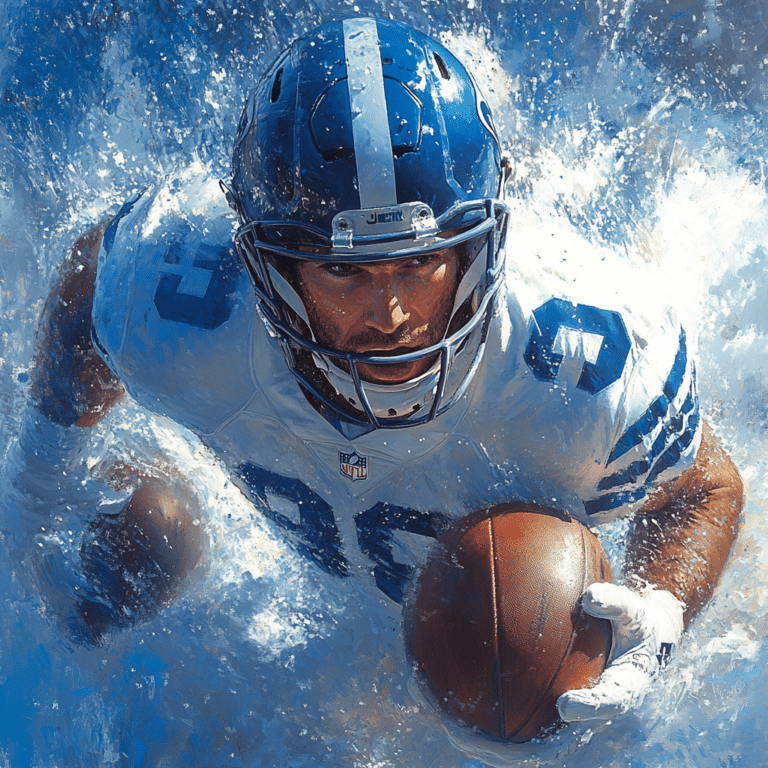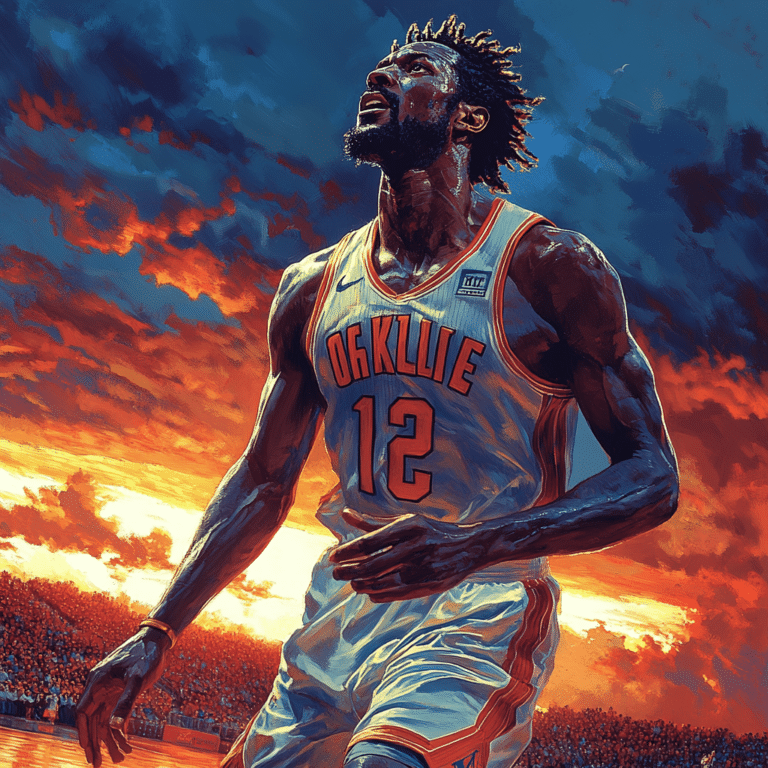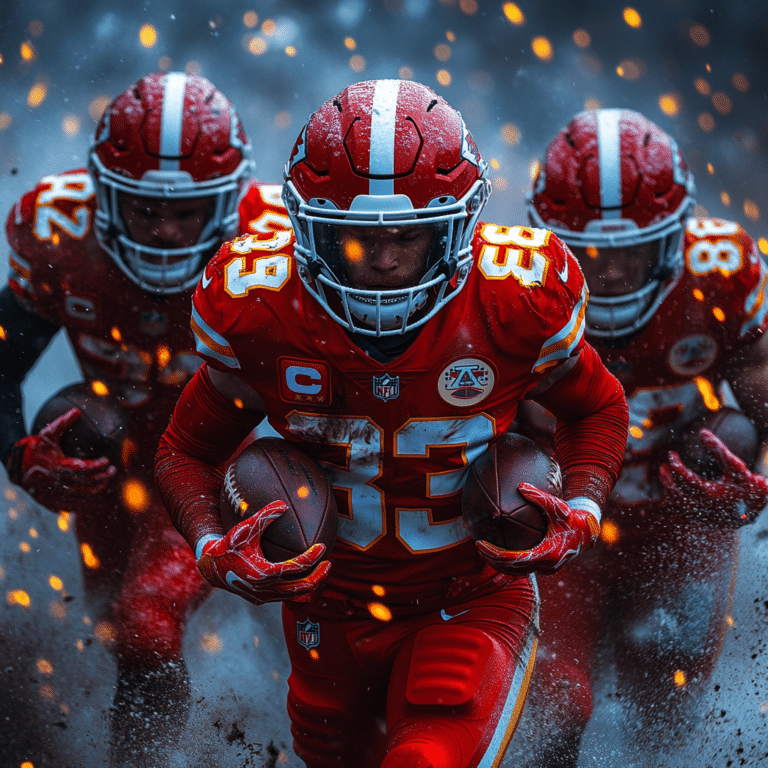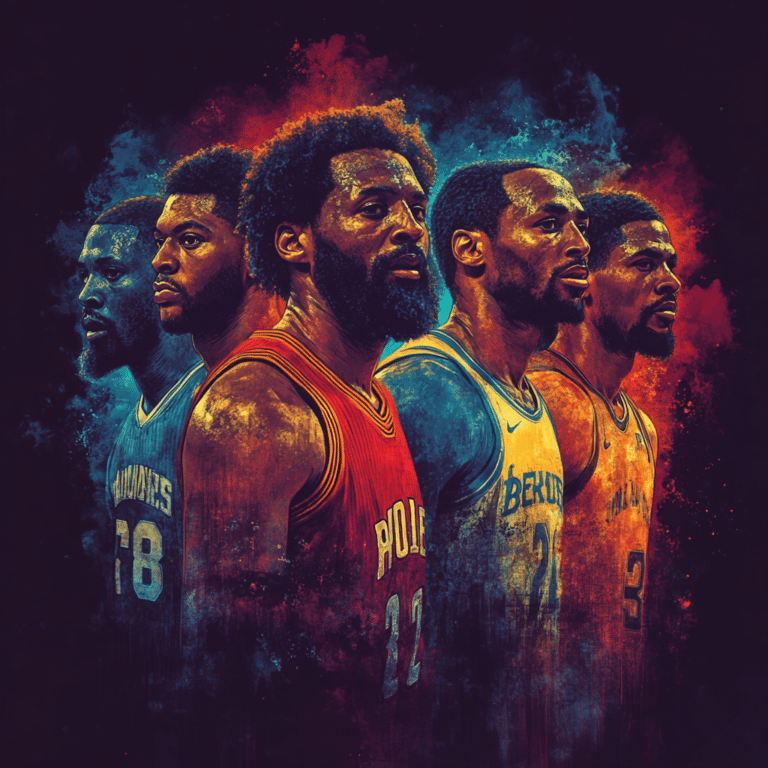The Context: The Colts’ Struggle
In the annals of NFL history, certain moments transcend the game itself to become cultural touchstones. The infamous “Jim Mora Playoffs” rant, sparked by a question in a post-game press conference, is one of those moments. Let’s explore the background leading up to this legendary outburst.
During the 2001 NFL season, the Indianapolis Colts, coached by Jim Mora, faced a frustrating losing streak. With expectations set high, particularly with quarterback Peyton Manning at the helm, the team’s performance was a topic of concern for fans and analysts alike. Under such pressure, a simple query about the team’s playoff prospects led to an outpouring of raw, unfiltered emotion from Mora. His response, punctuated by the incredulous repetition of the word “playoffs?” is etched in sports history and remains a poignant reminder of the frustrations and unpredictability inherent in professional sports.
The Colts, Comprised Of talents like Marvin Harrison and Edgerrin James, were having a tough season. Injuries and defensive breakdowns plagued their games, and fans were beginning to question the team’s direction. So, when a reporter asked Jim Mora about making the playoffs after another disappointing game, it was the tipping point.
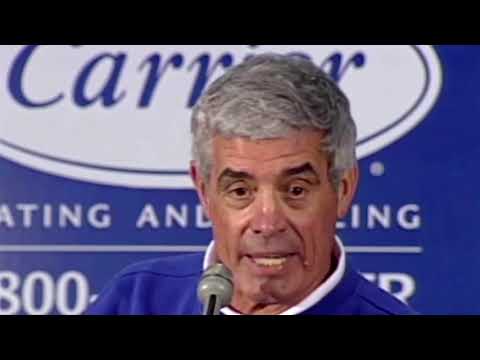
The Rant: Unpacking the Moment
The Question That Sparked It All
The iconic moment occurred on November 25, 2001, after the Colts suffered a 40-21 loss to the San Francisco 49ers. When a reporter asked Mora about the possibility of making the playoffs, the typically composed coach erupted. “Playoffs? Don’t talk about playoffs! You kidding me? Playoffs?” he exclaimed. This reaction was not only surprising but immediately became a viral sensation, replayed countless times on sports channels and beyond.
Analyzing Mora’s Frustration
Mora’s outburst was not just about a single loss but an entire season’s worth of unmet expectations. At the time, the Colts were struggling with poor defensive performances and inconsistency on offense. Through Mora’s words, one can sense the deep-seated frustration and disillusionment that had been simmering beneath the surface. The team’s struggle mirrored the sentiment expressed in You tell me think about it well i Did, reflecting the emotional toll of the game on both the coach and the roster.
The passion and fire in Mora’s response highlighted the personal investment and pressure faced by NFL coaches. It’s more than just the wins and losses; it’s about the expectations from fans, the media, and the team management. The Colts’ losing streak was a backdrop to the raw emotions that Mora displayed in that press conference, offering a glimpse into the high-stakes world of professional sports.
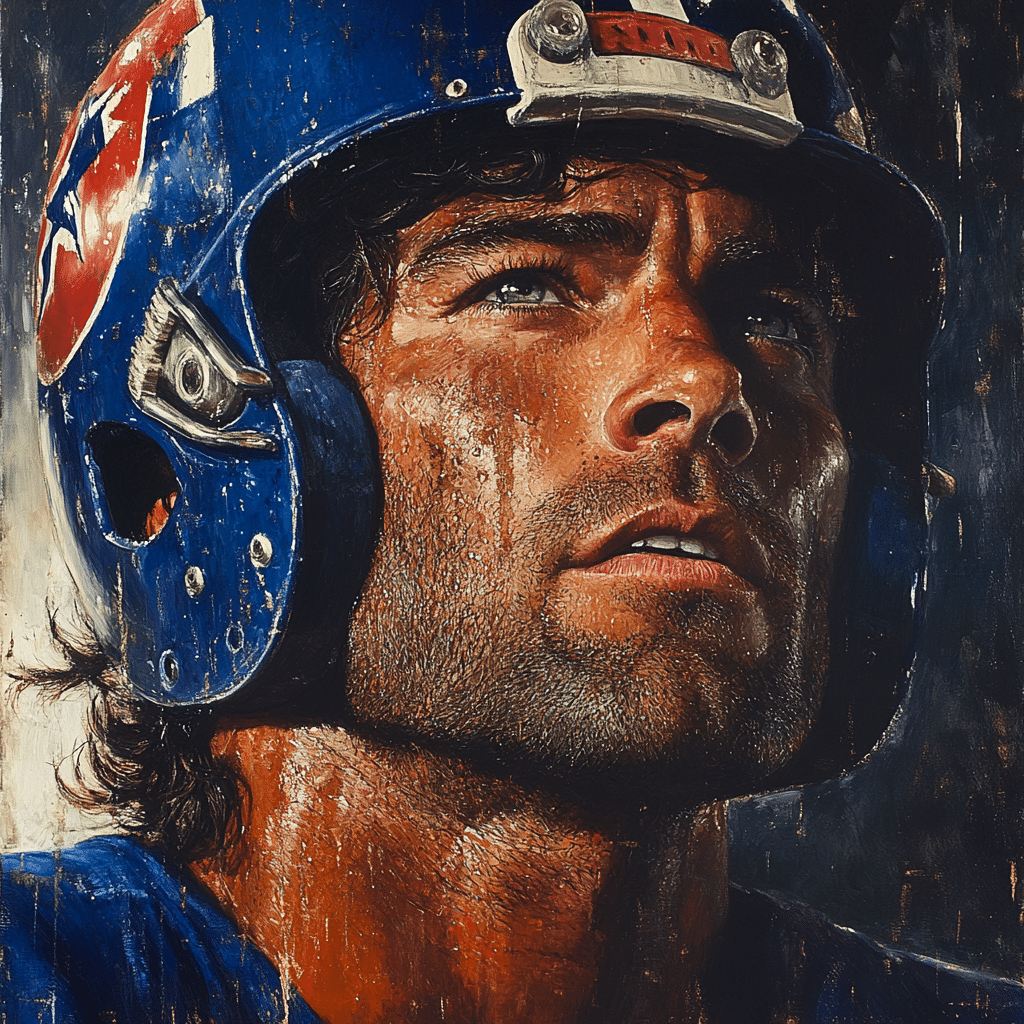
| Category | Details |
| Name | Jim Mora |
| Famous Quote | “Playoffs? Don’t talk about—playoffs? You kidding me? Playoffs?” |
| Date | November 25, 2001 |
| Context | Post-game press conference after Indianapolis Colts lost to the San Francisco 49ers (40-21) |
| Significance | The quote has become an iconic sports moment, often referenced in memes and sports commentary. |
| Resulting Impact | Highlighted the pressure and frustration faced by coaches; increased media attention and scrutiny on Mora. |
| Team at the Time | Indianapolis Colts |
| Coaching Record (2001 Season) | 6 Wins, 10 Losses (Colts finished 4th in AFC East in the 2001 season) |
| Playoff Appearance Mentioned | Ironically, the Colts did not make the playoffs in 2001, which added to the irony and humor of the tirade. |
| Benefits and Features | Explanation |
| Catchphrase Longevity | The remark has remained popular in sports culture for over two decades, frequently quoted or parodied. |
| Media Attention | Brought significant media spotlight to Jim Mora and the Indianapolis Colts in the mid-season. |
| Emotional Expression | Showed raw, unfiltered emotion that provided fans and media with a genuine moment of a coach’s candidness. |
| Increased Fan Engagement | Fans and media have continued to engage with the quote, using it to highlight similar frustrations in sports. |
| Cultural Relevance | The tirade is often referenced to highlight the absurdity or improbability of teams making the playoffs in various sports. |
How the Rant Redefined Mora’s Career
A Legacy in the Making
While Jim Mora had a respectable coaching career both in college and the NFL, the outburst overshadowed many of his achievements. Despite leading the New Orleans Saints to their first-ever playoff appearance in 1987, it is the “Jim Mora Playoffs” rant that is most frequently associated with his name today. This moment has become part of NFL folklore, illustrating the passion and volatility of coaching at the highest level. Much like how Joe seneca left a lasting impact in film, Mora’s legacy in the NFL is undeniably tied to that unforgettable moment.
Media and Public Reaction
The immediacy of media coverage ensured that Mora’s rant reached an expansive audience. Sports shows like ESPN’s SportsCenter replayed the clip endlessly, turning what began as a moment of personal frustration into a meme before memes were even a recognized concept. It offered a raw glimpse into the pressures faced by those in professional sports, captivating audiences far beyond the football field. This echoing impact can be likened to the widespread fascination with unfiltered moments in athletes’ lives, akin to figures like jonathan majors girlfriend 2024 capturing public curiosity.
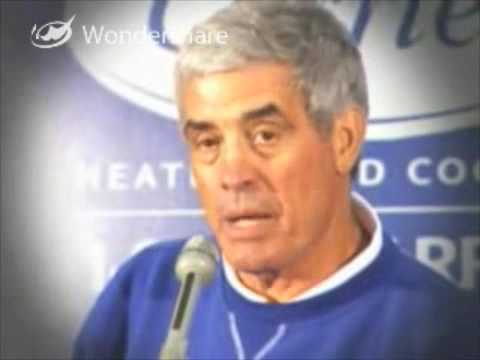
Modern NFL: Echoes of the Mora Rant
Comparable Moments in Sports
Mora’s outburst paved the way for similar expressions of passion and frustration from other sports figures. For example, Allen Iverson’s “practice” press conference and Richard Sherman’s post-game interview with Erin Andrews can be viewed as modern-day equivalents—moments where athletes and coaches shed their polished public personas to reveal the underlying emotions born of competition and scrutiny.
These emotional outbursts often go viral, giving the public an unvarnished look at the pressures of professional sports. It’s a reminder that beneath the surface of every game, there’s a web of tension, expectation, and personal investment, much like the dynamic performance statistics evident in the josh allen playoff record.
The Lasting Impact on Media and Culture
Today, Mora’s rant continues to resonate. Often referenced in sports journalism and analyzed in media studies, it has become a case study in the powerful intersection of emotions and public perception. It serves as a compelling reminder of how a single moment can encapsulate the broader narratives of pressure, expectation, and human response. This has had repercussions beyond sports, influencing broader pop culture phenomena such as The first slam dunk Showtimes.
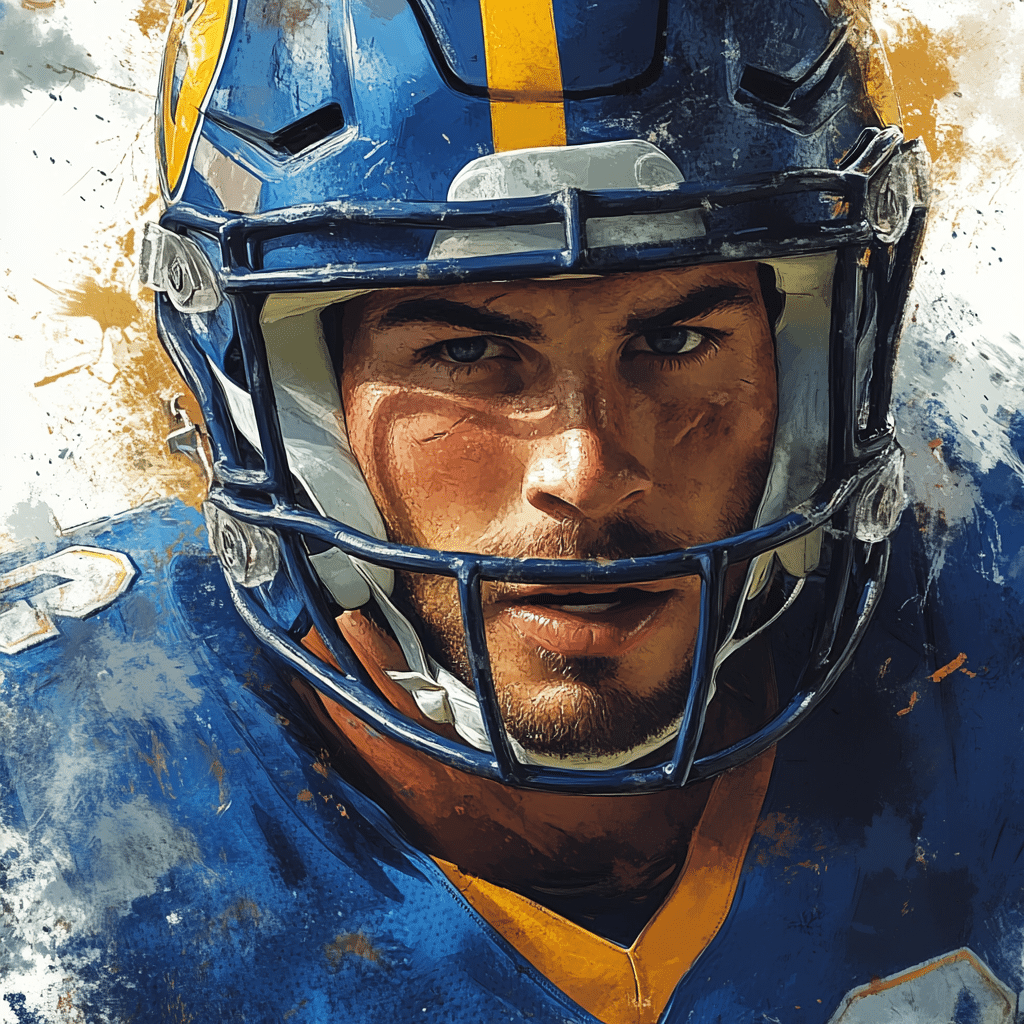
Reflecting on the Enduring Fascination
Lessons for Future Generations
The “Jim Mora Playoffs” rant has not only outlived the immediate context of its occurrence, but has also provided enduring lessons for coaches, athletes, and sports enthusiasts. It stands as a testament to the intense pressure cooker environment of professional sports and the human reactions it can fuel. It’s a vivid example of how close quarters in the limelight can bring out raw, unfiltered human behavior. Similarly, laws like the service Members civil relief act illustrate the pressures and protections in other high-stake environments.
A Cultural Mainstay
Now, over two decades later, the legacy of Mora’s infamous outburst continues to thrive. It has permeated popular culture, referenced in movies, television shows, and even political discourse, demonstrating the far-reaching impact of those few moments on that fateful day. It reminds us of the human side of sports, where emotions often run high and candid moments become timeless. Mora’s legacy, much like iconic properties such as at home real estate, endures as testament to the enduring impact of those charged, unscripted moments.
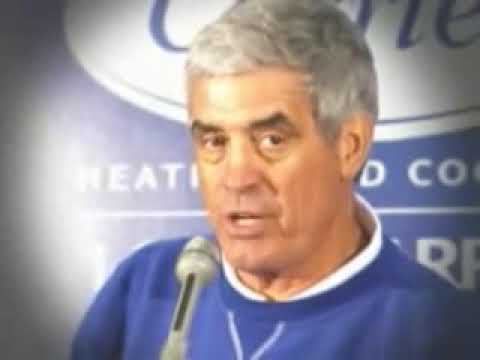
As we remember and reflect on Jim Mora’s legendary rant, it is clear that its significance extends beyond sports. It remains a vivid reminder of the intense passion that drives competition and the indelible impact of unscripted, authentic human moments in the world of professional sports.
Jim Mora Playoffs Legendary Rant Remembered
The Infamous Moment
We can’t talk about NFL coaching without mentioning the famous “Jim Mora Playoffs” rant, a moment etched in sports history. On November 25, 2001, after the Indianapolis Colts suffered a disheartening 40-21 loss to the San Francisco 49ers, Mora’s post-game press conference turned into an unexpected highlight. When asked about the team’s chances of making the playoffs, Mora retorted emphatically, “Playoffs? Don’t talk about—playoffs? You kidding me? Playoffs?”
A Pop Culture Phenomenon
This outburst quickly became more than just a post-game footnote; it transformed Mora into a pop culture sensation. The clip has been replayed countless times on TV and around the internet, becoming a meme-worthy classic. Who would have thought a coach’s frustration could stir so much buzz( years later? This rant even inspired commercials and skits, underlining its lasting impact on sports culture. Over two decades later, fans continue to share and laugh about the famous clip.
The Impact on the Colts
While the rant is one of Jim Mora’s most well-known moments as a head coach, it also underlined the volatile nature( of the NFL season for the Colts at that time. His frustration echoed the sentiments of many fans who were bewildered by the team’s lackluster performance. Interestingly, despite the outburst, Mora finished his career with over 100 wins, showcasing a balance between his emotional moments and strategic mind.
Trivia Time
Beyond the emotional charge, there are some fascinating bits about the “Jim Mora Playoffs” rant. Did you know Jim Mora never played in an NFL playoff game as head coach? Juxtapose this with the fact that he led his team to the USFL Championships three times before stepping into the NFL fold—a tale of two leagues! Additionally, another fun fact is that despite his 15 years in the league, his “playoffs” outburst remains one of the most memorable and frequently cited moments in NFL coaching history. It’s amazing( how a single moment can capture the spirit and emotions tied to the sport.


